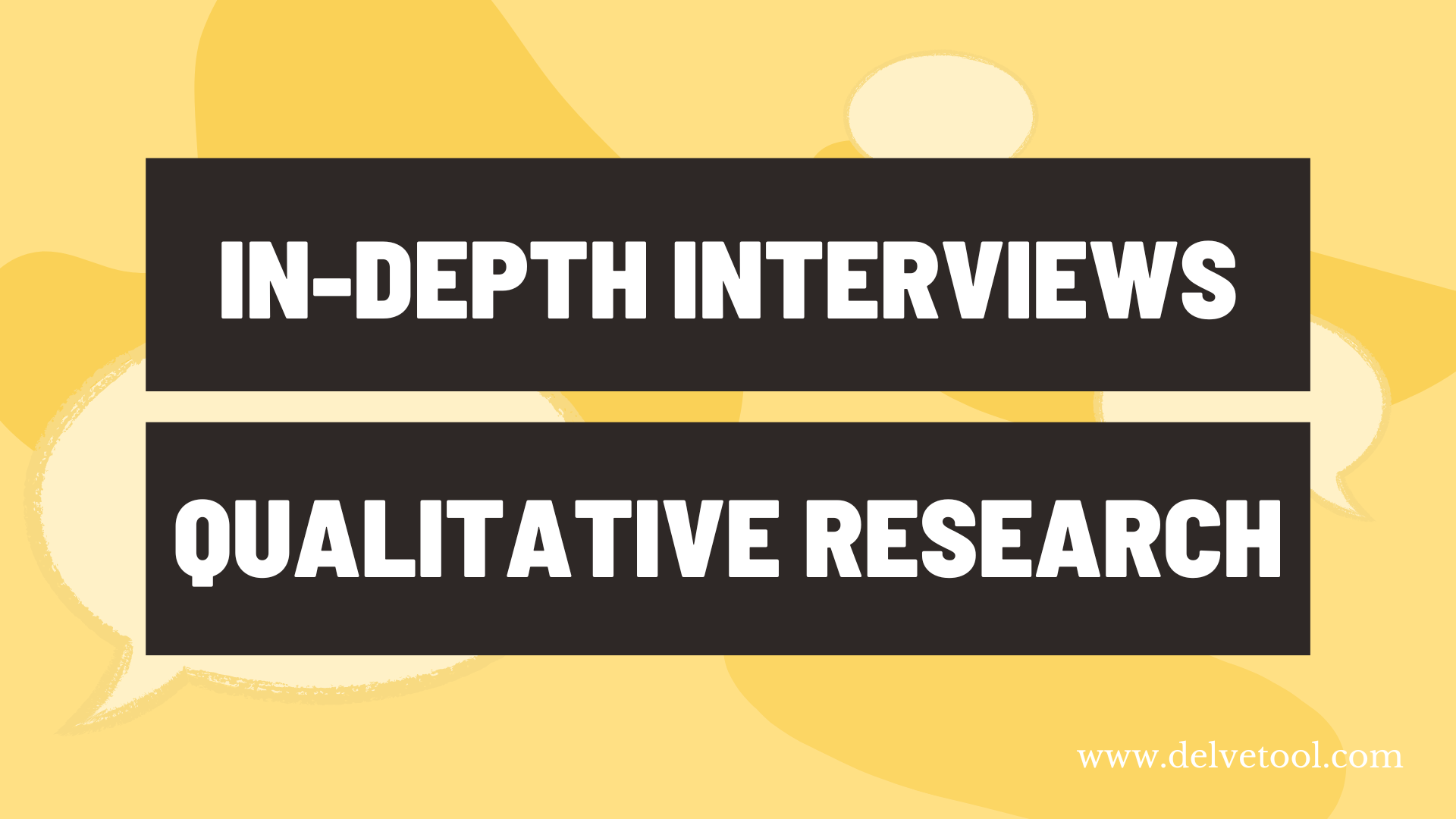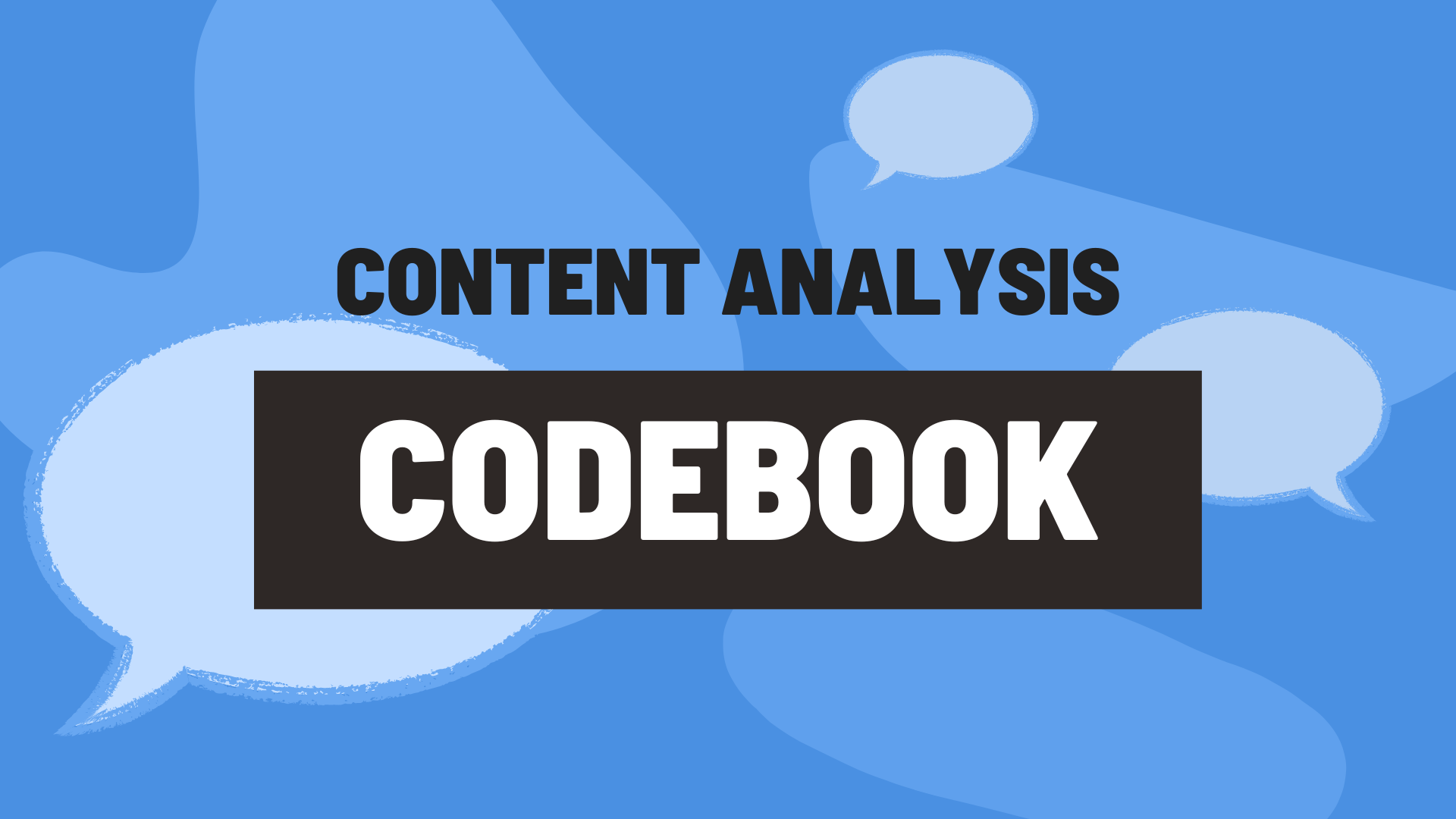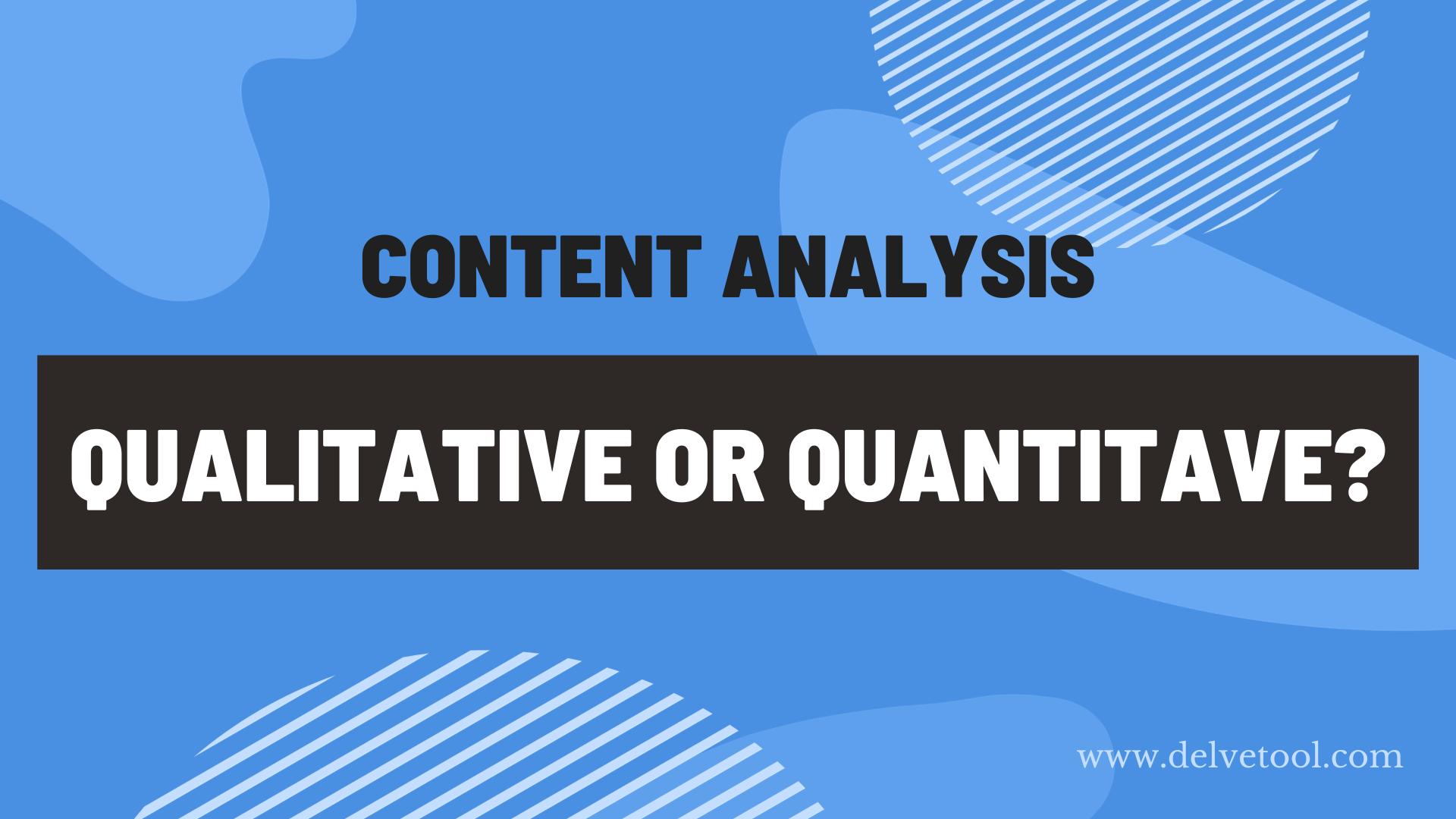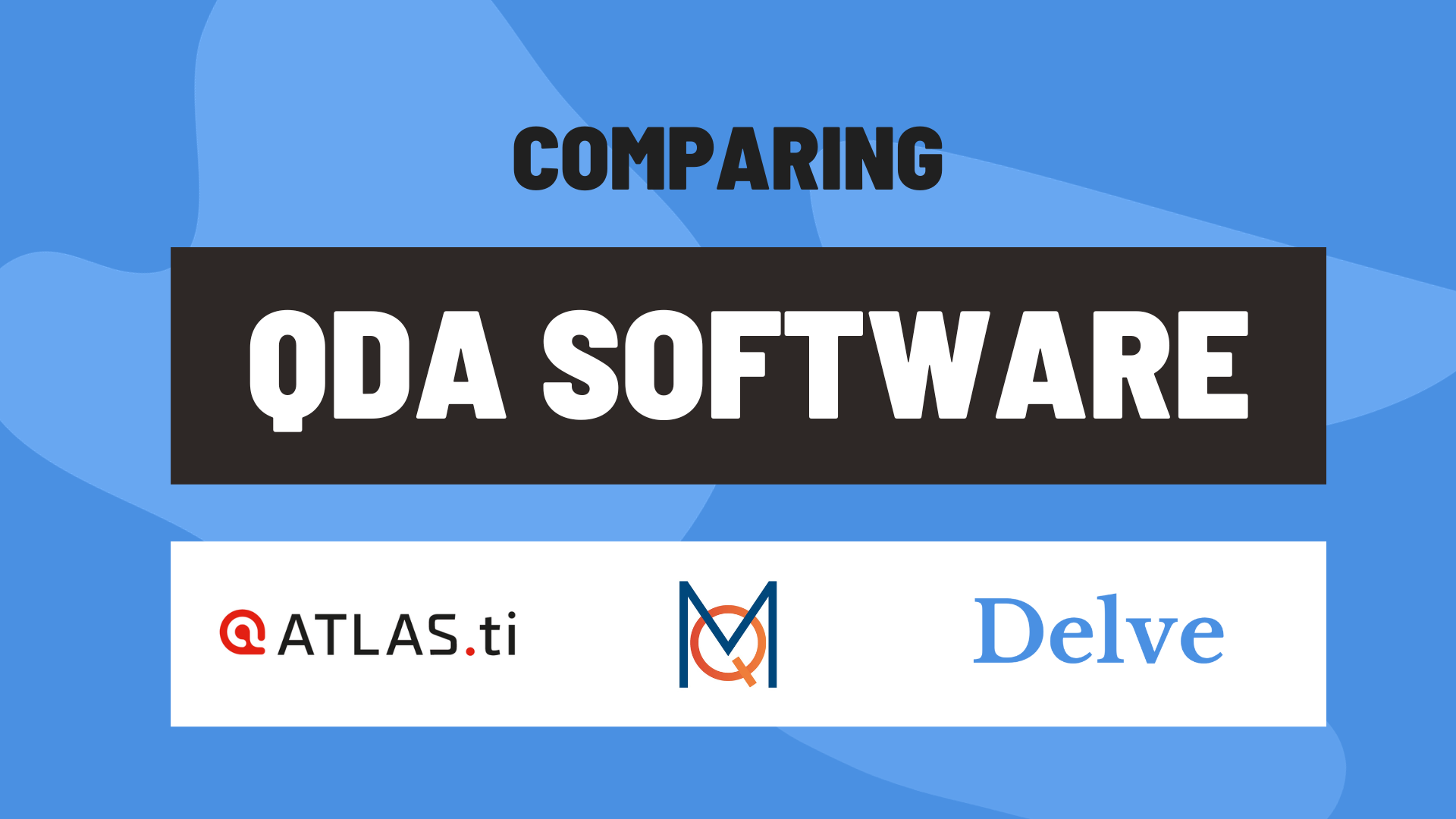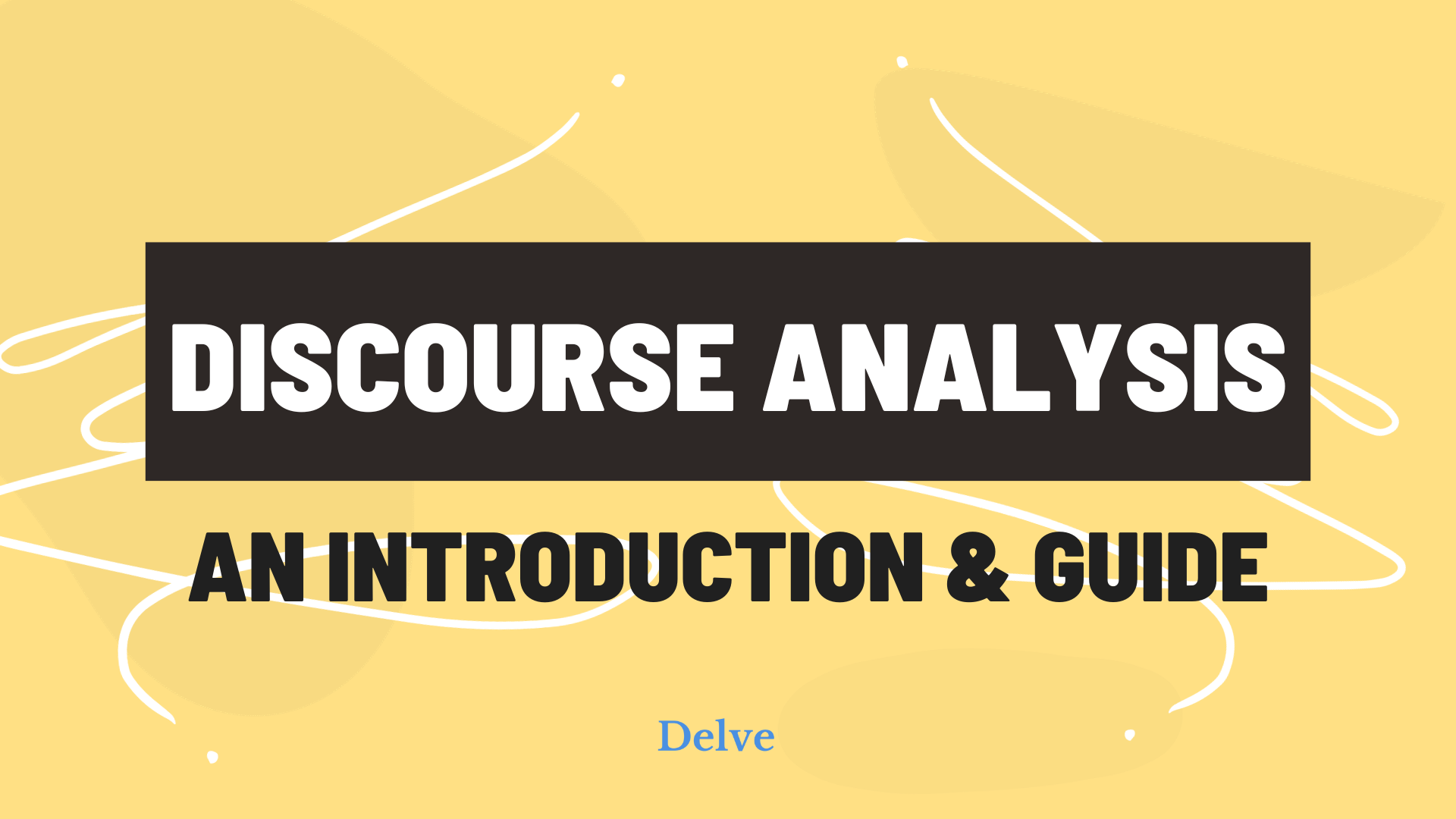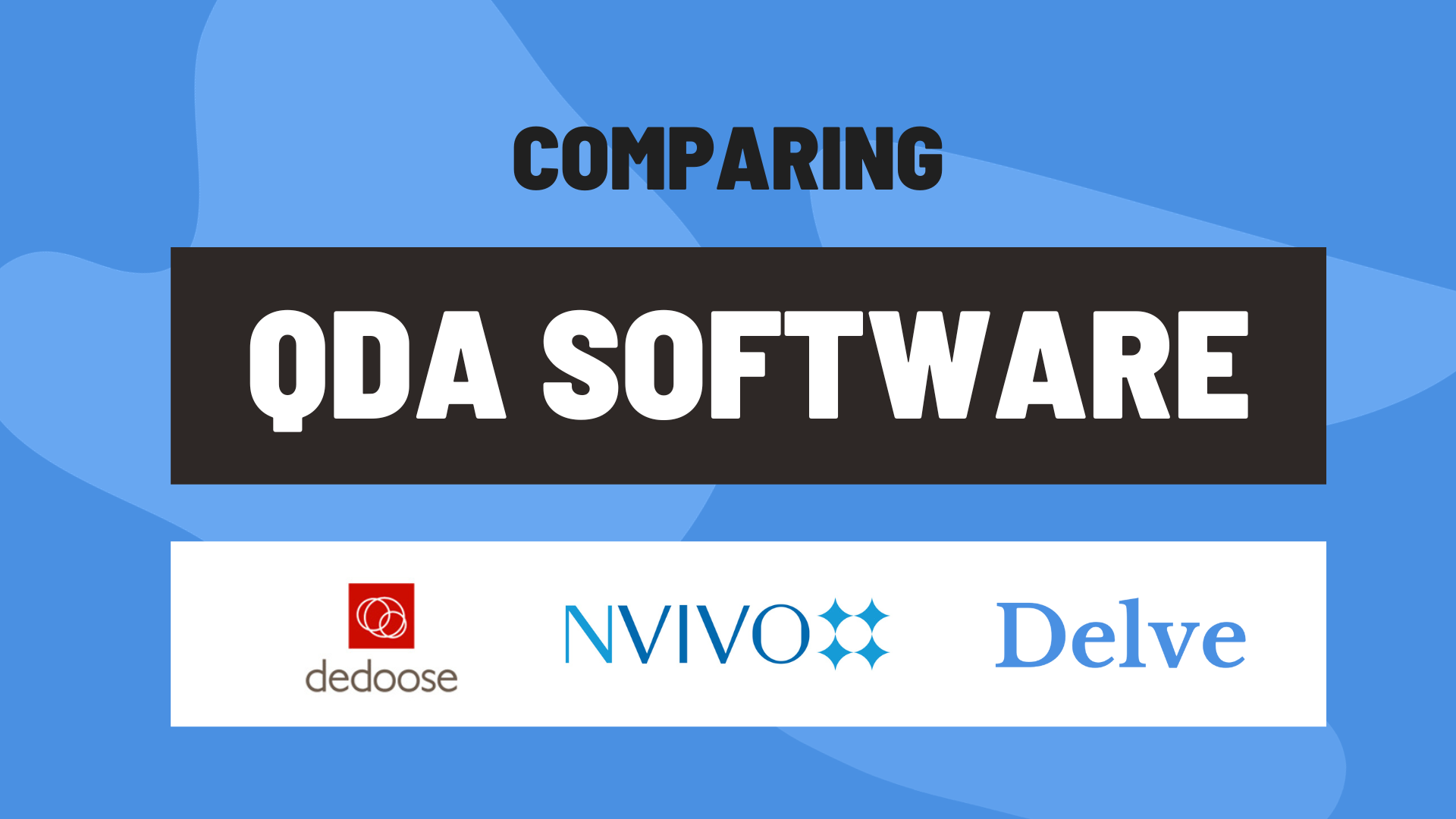This article explores coding reliability thematic analysis, which focuses on how accurately different coders can apply the same codes to a dataset.
Read MoreThis article covers in-depth interviews in qualitative research, offers a step–by–step guide, and highlights tips and tools that can help organize the overall process.
Read MoreLearn about ethnographic content analysis, a qualitative research method that’s ideal for digging into the more complicated parts of how societies and cultures work.
Read MoreA codebook for qualitative research contains a list of the codes that you will use in your qualitative analysis research.
Read MoreContent analysis is a research method that helps turn large amounts of textual data into a cohesive narrative. This article offers qualitative codebook examples with practical guidance on creating them for your research.
Read MoreTriangulation in qualitative research is a method that involves cross-verifying findings in different ways to enhance the reliability and validity of your study.
Read MoreThis article answers a frequent question from new researchers: Is content analysis qualitative or quantitative?
Read MoreLearn about three widely used qualitative data analysis (QDA) software options: NVivo, MAXQDA, and Delve.
Read MoreLearn about three widely used qualitative data analysis (QDA) software options: Dedoose, ATLAS.ti, and Delve.
Read MoreLearn about three widely used qualitative data analysis (QDA) software options: ATLAS.ti, MAXQDA, and Delve.
Read MoreDiscourse analysis is a qualitative research method that goes beyond analyzing words and sentences, establishing a deeper context about how language is used to engage in actions and form social identity.
Read MoreThis article compares three well-known qualitative data analysis (QDA) software options: NVivo, Dedoose, and Delve.
Read MoreThis article compares three popular qualitative data analysis (QDA) software options: ATLAS.ti, NVivo, and Delve.
Read MoreLearn how to conduct collaborative qualitative research with online coding tools for effective researcher triangulation, peer debriefing, and intercoder reliability.
Read MoreThis article explores Delve as a MAXQDA alternative that’s easy to use, affordable, and collaboration-friendly.
Read MoreDedoose is a prevalent CAQDAS (computer-assisted qualitative data analysis software) program, but it can be difficult to learn and use. In contrast, Delve CAQDAS offers a more user-friendly interface, better functionality, and enhanced customer support. This article compares the two popular coding software options.
Read MoreHolistic coding is a qualitative approach to data analysis that involves assigning a single code to a data unit, such as a paragraph, transcript, or entire corpus, to capture its overall meaning. This article offers an interpretation of Saldaña's work on holistic coding and a practical guide for applying it to your research.
Read MoreMagnitude coding is a coding method where researchers add an alphanumeric or symbolic code to an existing code. The magnitude code helps indicate the intensity, frequency, direction, presence, evaluative content, or absence of a characteristic within these initial codes.
Read MoreJohnny Saldaña, in his book The Coding Manual for Qualitative Researchers (2012), offers a concise overview of elaborative coding. We summarize his interpretation in this article.
Read MoreThis article explores the differences between interpretative phenomenological analysis (IPA) and thematic analysis (TA), including these philosophical differences, techniques, situational considerations, and the possible benefits of combining them.
Read More
